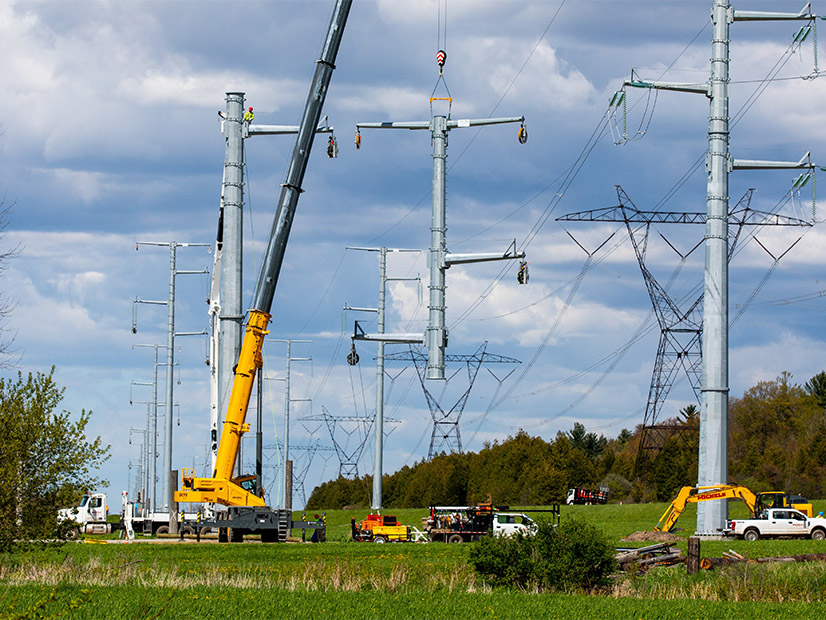Abbas to Join Talen Board
NYISO CEO Rich Dewey announced to the Management Committee on Wednesday that Director Gizman Abbas had accepted a position on Talen Energy’s board of directors.
Dewey said NYISO has determined that the appointment “does not present a conflict” with FERC’s rules and the ISO’s own Code of Conduct, as Talen no longer operates, nor owns any assets, in New York. But, he said, the ISO would “continue to watch and monitor the situation,” and revisit that determination should Talen move back into New York and “come up with a cure.”
Mark Reeder, representing the Alliance for Clean Energy New York, asked whether Talen had any interests in NYISO’s neighbors and if that was considered in the ISO’s determination.
The company does have interests in PJM and ISO-NE, owning several generators in Pennsylvania, New Jersey, Maryland and Massachusetts. Dewey said “it was considered, and we felt [under] a strict interpretation of the rules, it did not present a conflict.”
Capacity Accreditation
The MC voted to recommend that the Board of Directors approve proposed tariff modifications that would implement a new capacity accreditation process and market design.
Having been approved by the Business Issues Committee last week, several stakeholders again voiced their reservations about approving measures that they believed were either not fully understood or would be applied to resources unequally. (See NYISO Capacity Accreditation Implementation Worries Stakeholders.)
Michael DeSocio, director of market design at NYISO, said the ISO “remains committed” to doing the work required for capacity accreditation implementation and “acknowledges the need” to tackle portions of the project that were raised by stakeholders. DeSocio also assured the committee that these commitments would be reflected in the meeting’s minutes.
Hybrid Storage Resources
The MC voted to recommend that the board approve NYISO’s proposed tariff revisions that would integrate aggregated HSRs — multiple generators co-located with energy storage behind a single interconnection point — into the ISO’s markets.
The revisions were also approved by the BIC last week, and NYISO anticipates filing the changes with FERC in the third quarter of 2023. (See “Aggregated Hybrid Storage,” NYISO Capacity Accreditation Implementation Worries Stakeholders.)
Julia Popova, NRG energy manager of regulatory affairs and vice chair of the committee, asked why the revisions were being filed so late next year.
NYISO officials answered that they are targeting the third quarter because there are other projects that need to be implemented first, such as internal controllable lines. They also said the HSR construct would not be implemented until 2025 anyway, so there is no rush to get it to FERC.
CAC Scoping Plan
NYISO agreed to brief stakeholders on the New York Climate Action Council’s recently approved scoping plan and how it would impact the ISO’s work. (See related story, New York Climate Scoping Plan OK’d.)
Executive Vice President Emilie Nelson said NYISO is “looking through [the plan] carefully and is very, very interested in working with all stakeholders and state agencies going forward.” The ISO also “appreciates the acknowledgement within the plan that there are challenges ahead of us that we need to work together to solve.”
Reeder requested a “small,” formal presentation from NYISO about aspects of the plan that would affect its markets, though he acknowledged that the plan is just a framework that will take “at least multiple years” of legislation and agency rulemakings to implement.



